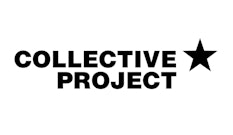HempNova Lifetech Corp., a company offering hemp post-harvest services based in Eugene, Ore., recently announced it has acquired Seven Oaks Hemp Center in Central Point, Ore.
The $2.03 million acquisition includes all assets from Seven Oaks, including:
45 acres of farmland
a newly built 9,600-square-foot drying shop with three mesh belt mechanic dryers and one floor dryer
a newly built 6,000-square-foot insulated warehouse
a newly built 8,000-square-foot greenhouse
various farming and processing equipment
The acquisition allows HempNova to continue its expansion into Southern Oregon and build out its existing hemp service offerings.
"We are very excited about this strategic acquisition. Southern Oregon produces the premium smokable hemp flowers in the world,” says Ken Cai, the chairman and CEO of HempNova, in a news release. "After our success in biomass drying in 2019, this strategic acquisition not only permits our company to expand its business into Southern Oregon quickly, but also helps HempNova in reaching its goal to become a leading vertical integrated one-stop service provider to hemp growers."
HempNova says it plans to expand its new acquisition into a “major hemp service center” for smokable flower and hemp crude oil over the next two years.
The company says it is growing 35 acres of hemp at Seven Oaks this year and plans to “provide drying services to local hemp growers.”

























